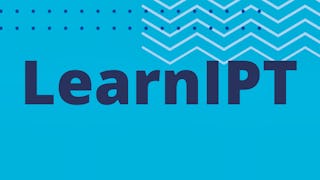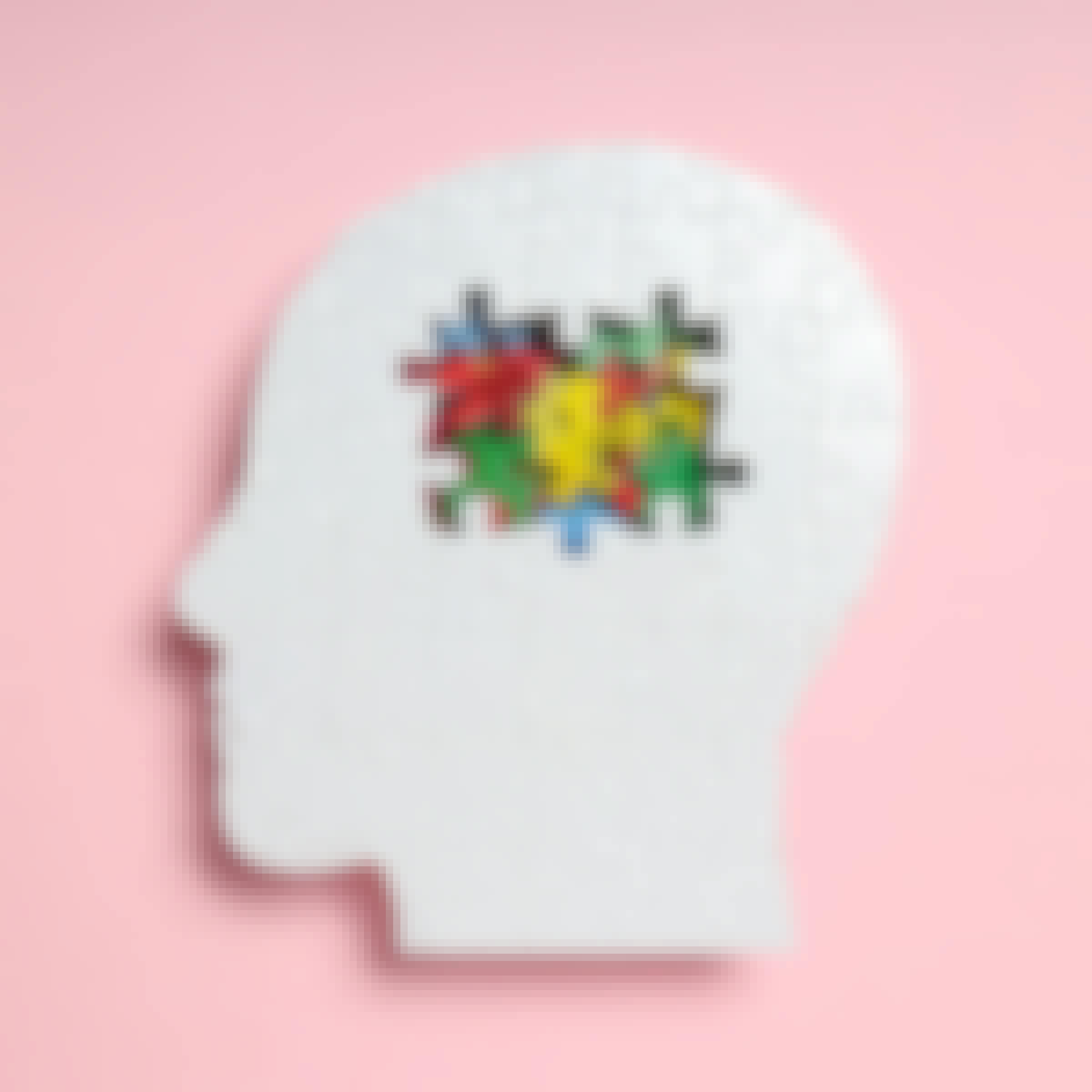Filter by
SubjectRequired
LanguageRequired
The language used throughout the course, in both instruction and assessments.
Learning ProductRequired
LevelRequired
DurationRequired
SkillsRequired
SubtitlesRequired
EducatorRequired
Explore the CBT Course Catalog
 Status: Free Trial
Status: Free TrialAmerican Psychological Association
Skills you'll gain: Substance Abuse, Mental Health Diseases and Disorders, Clinical Psychology, Mental and Behavioral Health, Psychiatry, Psychological Evaluations, Mental Health, Cognitive Behavioral Therapy, Patient Evaluation, Diagnostic Tests, Behavioral Health, Psychotherapy, Psychiatric Assessments, Cultural Diversity, Epidemiology, Pharmacology, Neurology, Demography, Psychology, Pharmacotherapy
 Status: Preview
Status: PreviewUniversity of Toronto
Skills you'll gain: Interpersonal Communications, Communication Strategies, Psychotherapy, Rapport Building, Mental Health Therapies, Emotional Intelligence, Empathy, Case Studies, Clinical Psychology, Problem Solving, Mental Health Counseling, Relationship Building, Mental Health Diseases and Disorders, Interactive Learning, Patient Evaluation, Psychological Evaluations, Cultural Sensitivity
 Status: NewStatus: Free Trial
Status: NewStatus: Free TrialSkills you'll gain: Positive Behavior Support, Speech Therapy, Behavior Management, Autism Spectrum Disorders, Education and Training, Communication Strategies, Social Skills, Interpersonal Communications, Mental and Behavioral Health, Teaching, Communication, Learning Theory, Child Development, Classroom Management, Training Programs, Instructional Strategies, Developmental Disabilities, Proactivity, Data Collection, Learning Strategies
 Status: NewStatus: Free Trial
Status: NewStatus: Free TrialSkills you'll gain: Applied Behavior Analysis
 Status: Preview
Status: PreviewDuke University
Skills you'll gain: Neurology, Physiology, Anatomy, Cell Biology, Psychology, Pathology, Molecular Biology
 Status: Free Trial
Status: Free TrialWesleyan University
Skills you'll gain: Motivational Interviewing, Cognitive Behavioral Therapy, Mental Health Therapies, Behavioral Health, Mental and Behavioral Health, Psychotherapy, Psychology, Experimentation, Health Education, Goal Setting
What brings you to Coursera today?
 Status: Preview
Status: PreviewUniversiteit Leiden
Skills you'll gain: Mindfulness, Self-Awareness, Mental Health, Social Justice, Psychology, Cultural Diversity, Environment and Resource Management, Critical Thinking, Trauma Care, Ethical Standards And Conduct
 Status: NewStatus: Free Trial
Status: NewStatus: Free TrialUniversity of Cambridge
Skills you'll gain: Human Learning, Psychology, Magnetic Resonance Imaging, Medical Imaging, Neurology, Research Methodologies, Research, Human Development, Learning Theory, Scientific Methods, Child Development
 Status: Free Trial
Status: Free TrialAmerican Psychological Association
Skills you'll gain: Clinical Psychology, Mental Health Diseases and Disorders, Psychiatry, Psychological Evaluations, Mental Health, Mental and Behavioral Health, Patient Evaluation, Behavioral Health, Cognitive Behavioral Therapy, Cultural Diversity, Patient Treatment
 Status: Free Trial
Status: Free TrialMedCerts
Skills you'll gain: Healthcare Ethics, Conflict Management, Patient Communication, Child Development, Cultural Responsiveness, Human Development, Mental Health Diseases and Disorders, Gerontology, Patient-centered Care, Professionalism, Professional Development, Pediatrics, Verbal Communication Skills, Time Management, Mental Health, Emotional Intelligence, Ethical Standards And Conduct, Psychiatric And Mental Health Nursing, Mental Health Therapies, Behavioral Health
 Status: Free Trial
Status: Free TrialSkills you'll gain: Requirements Elicitation, Business Analysis, Backlogs, Requirements Management, Stakeholder Engagement, Business Process, User Requirements Documents, User Story, Business Requirements, Requirements Analysis, Business Modeling, Business Process Improvement, Business Intelligence, Business Risk Management, Business Strategies, Financial Analysis, Performance Measurement, Systems Analysis, Root Cause Analysis, Business Planning
 Status: Free Trial
Status: Free TrialDeep Teaching Solutions
Skills you'll gain: Deductive Reasoning, Cognitive flexibility, Logical Reasoning, Critical Thinking, Curiosity, Decision Making, Problem Solving, Analytical Skills, Case Studies, Emotional Intelligence, Creative Thinking, Independent Thinking, Open Mindset, Complex Problem Solving, Lifelong Learning, Growth Mindedness, ChatGPT, Willingness To Learn, Systems Thinking, Strategic Thinking
CBT learners also search
In summary, here are 10 of our most popular cbt courses
- Psychology of Anxiety, Mood, Substance Use, and Addictive Behaviors: American Psychological Association
- Learn Interpersonal Psychotherapy: University of Toronto
- Behavior Technician ABA Fundamentals: MedCerts
- Applied Behavior Analysis (ABA) Introduction: MedCerts
- Medical Neuroscience: Duke University
- Creating Behavioral Change: Wesleyan University
- De-Mystifying Mindfulness: Universiteit Leiden
- Introduction to Cognitive Psychology and Neuropsychology: University of Cambridge
- Anxiety and Related Disorders: American Psychological Association
- Mental Health Care Fundamentals: MedCerts










